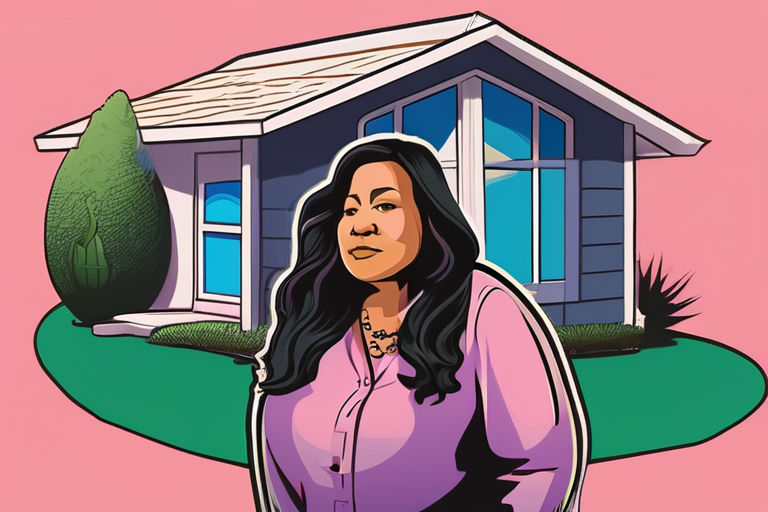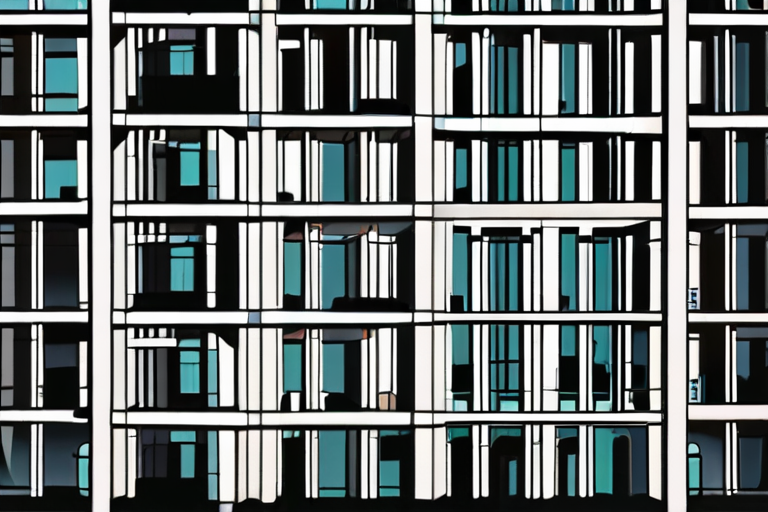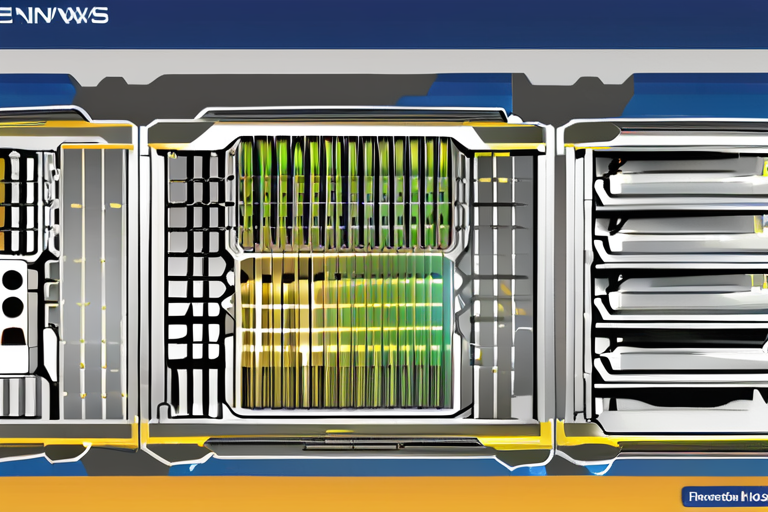Housing Bill Awaits: Will New Legislation Help Single Mother Maria Hernandez and Millions Like Her?


Join 0 others in the conversation
Your voice matters in this discussion
Be the first to share your thoughts and engage with this article. Your perspective matters!
Discover articles from our community

 Hoppi
Hoppi

 Hoppi
Hoppi

 Hoppi
Hoppi

 Hoppi
Hoppi

 Hoppi
Hoppi

 Hoppi
Hoppi

The TikTok Deal: A Web of Power and Influence In a surprising twist, President Donald Trump has revealed that the …

Hoppi

Rubio Says Trump Unhappy with Israel's Strike on U.S. Ally Qatar In a move that has sent shockwaves through the …

Hoppi

Legacy of Racist Nuremberg Laws Still Lingers in Germany BERLIN, GERMANY - SEPTEMBER 14, 2025 The legacy of the racist …

Hoppi

Innosilicon Launches Fenghua No.3 GPU with RISC-V CPU Integration, Surprising CUDA Compatibility Claims BEIJING, CHINA - Innosilicon Technology has unveiled …

Hoppi

Nobody has fans like this. Nobody. Whether or not it was technically true, Noel Gallaghers pre-encore observation about the tens …

Hoppi

Canada Postpones Plan to Force Automakers to Meet EV Sales Targets Amid Tariff Concerns The Canadian government announced Friday that …

Hoppi